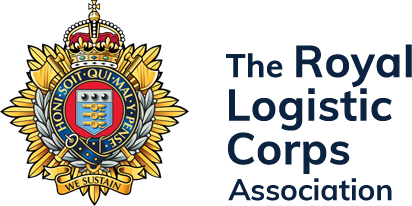Former Regimental Colonel Peter McCall has just been elected as Cumbria’s Police and Crime Commissioner.
Colonel McCall served in the British Army for 34 years, and held the post of Regimental Colonel from May 2009 ‘ Decemeber 2011.
Speaking to the Evening Mail, he said: “I retired early to stand for this job because I’m convinced my military experience fits me well for the job.
“It needs good administration and leadership and I’m well up for it.
“This time last year I was in Sierra Leone heading up the military teams response to Ebola.
“Our role was to coordinate the efforts of the NGOs (non-governmental organisations) and the local police, village chiefs and the health agencies.
“We went from building treatment centres in the jungle to burying bodies when we got there and creating an education programme.”
Speaking after his election Colonel McCall said that he was ‘honoured’ to have been elected to succeed Richard Rhodes.
“I firmly believe that we must fight crime together as communities,” he said. “I pay tribute and my sincere thanks to all those who have supported and helped with my electionâ€
What is the Police and Crime Commissioner’s role:
The Police Reform and Social Responsibility Act 2011 specifies that PCCs are there to hold the police to account on behalf of the public. A Home Office briefing document published shortly before the PCC elections in November 2012 described the role in the following terms:
“As a PCC, you will hold the chief constable to account for the performance of their force area’s officers and staff. You will provide the local link between the police and communities, working to turn the desires and ambitions of the public, in terms of policing and crime reduction, into action. You will receive all the funding relating to policing and reducing crime and, after consulting the chief constable, will be responsible for how it is spent. You will set the strategic direction and aims for your force through the Police and Crime Plan (the plan), and set the local precept (council tax charge). You will appoint the chief constable and remove them from office when necessary (as long as the relevant legal requirements are met). You will have wider responsibilities, including responsibility for delivering community safety and reducing crime, the ability to make crime and disorder reduction grants within your force area, and a duty to deliver better value for money or improve the effectiveness of policingâ€.









See What The RLC Has Been Up To
The Royal Logistic Corps
The Royal Logistic Corps
The Royal Logistic Corps